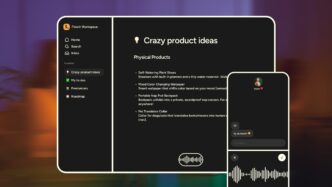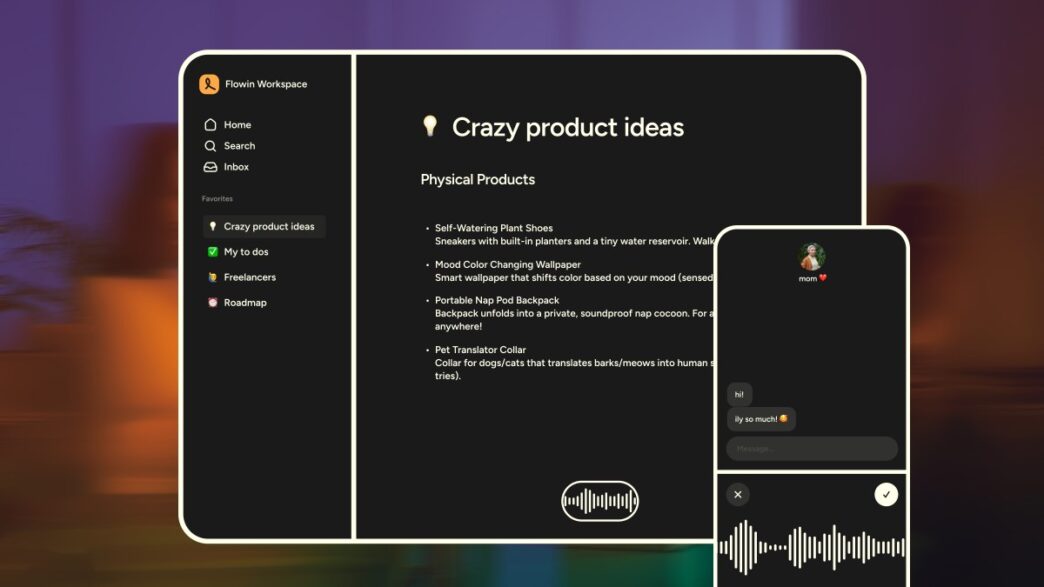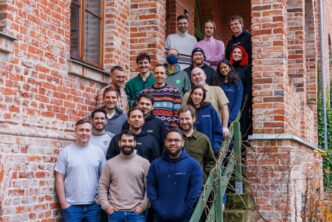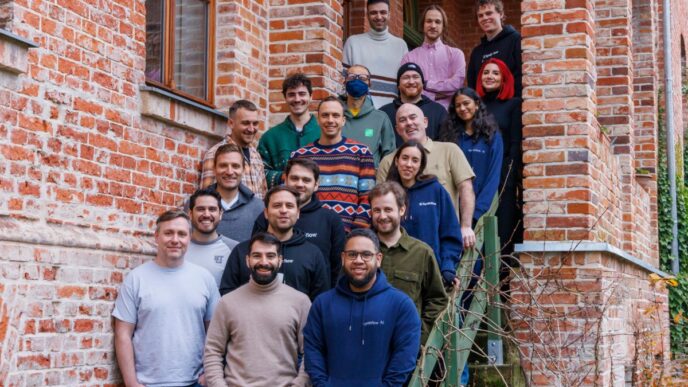Wispr Flow is raising $30 million in Series A from Menlo Ventures and others. The dictation app has now pulled in $56 million total.
Founder Tanay Kothari first built Wispr to type by silently mouthing words. He shifted focus last year to Wispr Flow, a software interface for that hardware idea.
The app launched on Mac in October 2024, Windows in March 2025, and iOS just this month. Investors in Silicon Valley, including nearly every tier-one VC, are reportedly heavy users.
Kothari said this about VC interest:
“I think every single tier one venture fund in the valley uses Wispr Flow for their emails, memos, documents, and more. They feel themselves being hooked on it, and it is one of the products they use every day. Because of this, we started getting a lot of inbound.”
Early user and Menlo’s Matt Kraning will join Wispr’s board. Kraning expects Wispr Flow to speed up translating thoughts into text, saying:
“With the current set of input methods, like keyboards, we are waiting for our thumbs to catch up with our thoughts.
Wispr Flow is creating an efficient way to translate digital thoughts and intent. The app captures users’ speech and what they want to convey very well. The team has thought about how people speak while developing models rather than focusing on things like word error rates.”
The app is growing 50% month-over-month. 40% of users are in the US, 30% in Europe, and 30% elsewhere. Over 30% come from non-technical backgrounds.
Wispr Flow supports dictation in 104 languages. English accounts for 40%, while Spanish, French, German, Dutch, Hindi, and Mandarin lead the other 60%.
Kothari says the startup expects to be profitable soon. He initially didn’t want to raise, but he saw big tech’s distribution edge as a threat.
The new funding will grow Wispr’s 18-person team, build an Android app, and focus on enterprise with company-wide phrase contexts.
The company is also working with unnamed AI hardware partners to power its interaction layer. The vision: an AI assistant that handles messaging, notes, reminders—knowing your personal context.














